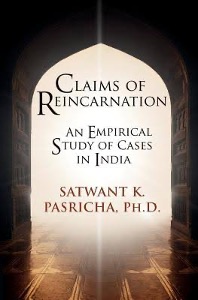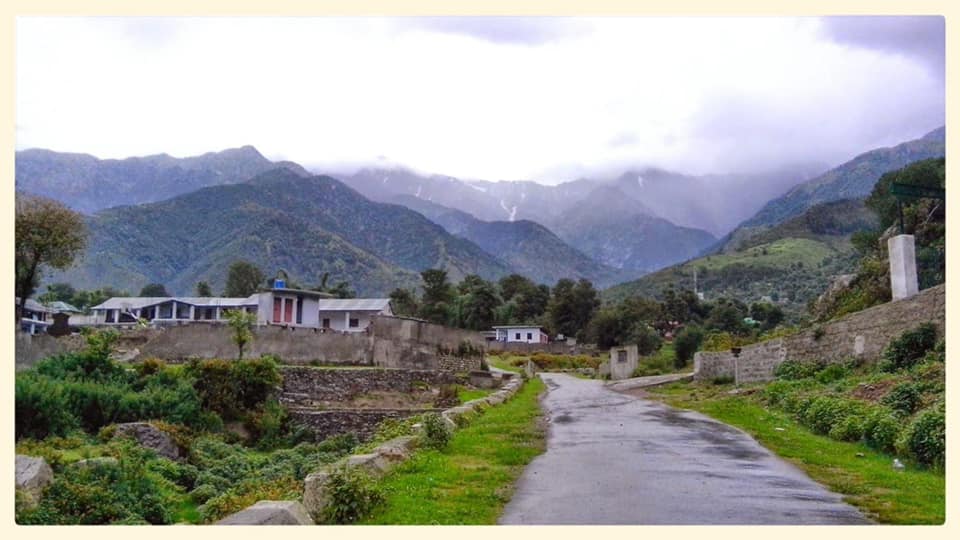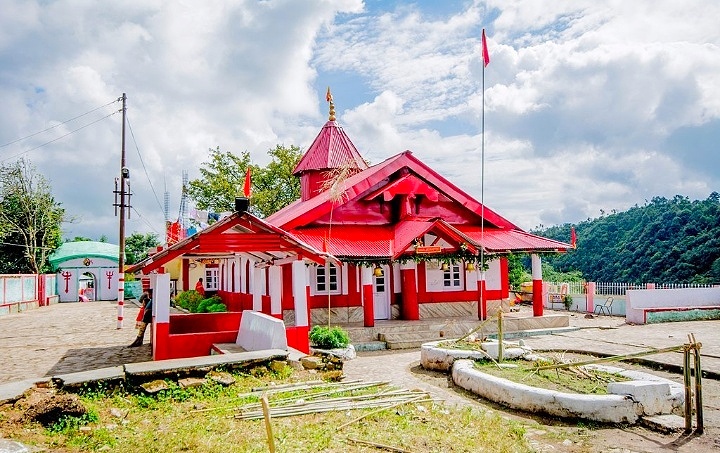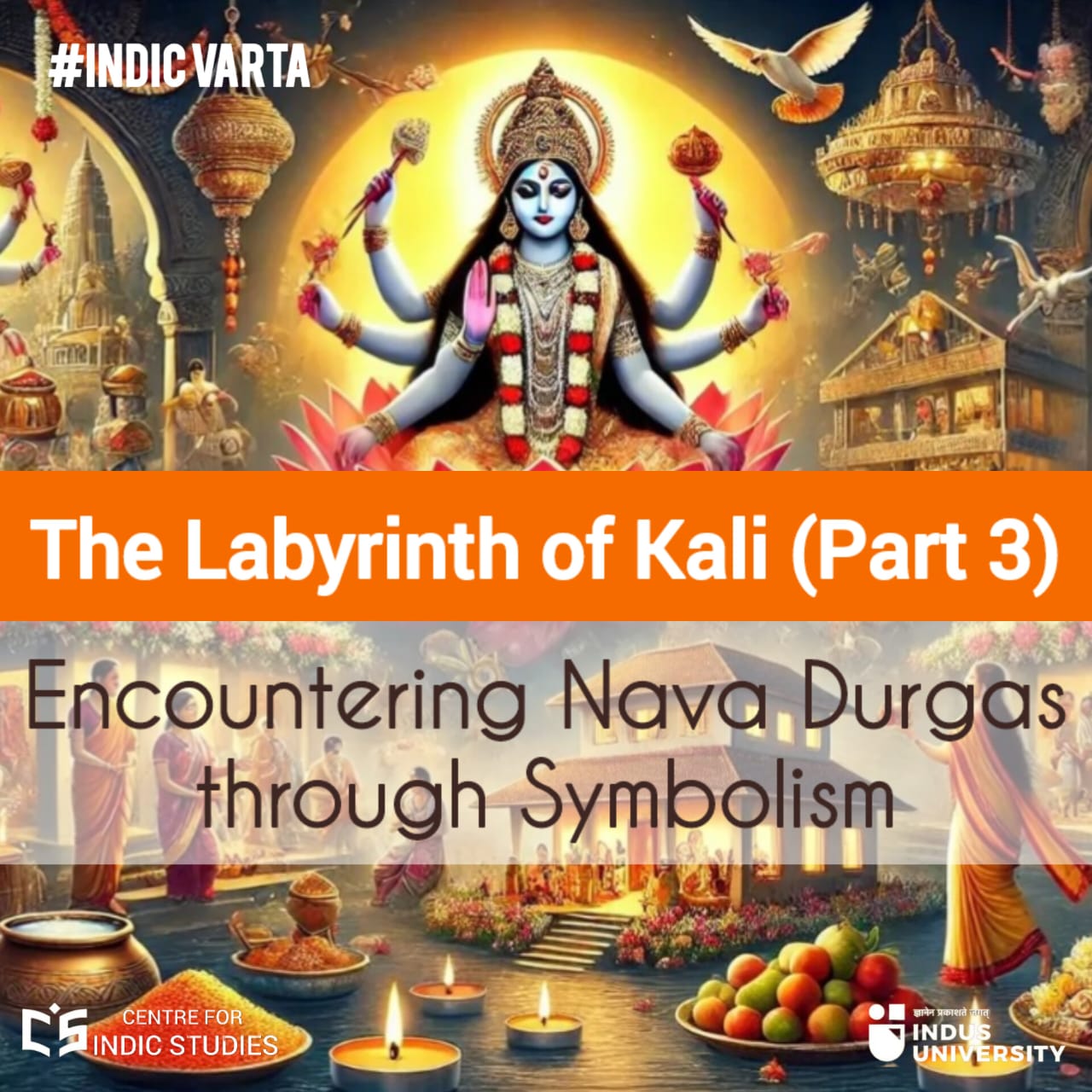- Visitor:27
- Published on:
Evidence of Extrasensory Perception. Exploratory Studies in Reincarnation.
It was a very hot summer day when one of Anoop Singh’s aunts, who had come to visit them, remarked, “Today it is so hot that I would not like to be burned, even if I am dead.” Anoop Singh was playing nearby and said, “Nothing will happen to you if they burn you when you are dead.” His parents were surprised to hear this.

In our next excerpt in the reincarnation series, we bring to you the case of Anoop Singh from the book “Claims of Reincarnation – An Empirical Study of Cases in India” by Dr. Satwant Pasricha.
The case of Anoop Singh – Evidence of Extrasensory Perception
Subject’s Name – Anoop Singh
Subject’s Date of Birth – December 11, 1940
Related Previous Personality’s Date of Death- May 26, 1936
Geographical Distance Between Two Families Concerned- 500 kilometers
Date of First Interview- July 28, 1976
At the time of my investigation, the subject of this case, Anoop Singh, was a married male who lived in Chandigarh with his wife and a widowed aunt. He was born in Mount Gomery (now in Pakistan) and was fifth in order of birth among seven siblings, all of whom were married and well placed. Anoop Singh himself was a double graduate, a government employee and enjoyed an upper socioeconomic status. His parents, aunts, and uncles where highly educated and were in respectable jobs. His father had retired and owned several acres of land in district Gurdaspur, Punjab, where he lived with his wife.
Anoop Singh started talking in coherent phrases at the age of one and one-half to two years and began mentioning a previous life between the ages of two and one-half and three.
It was during a very hot summer day when one of his aunts, who had come to visit them, remarked, “Today it is so hot that I would not like to be burned, even if I am dead.” Anoop Singh was playing nearby and said, “Nothing will happen to you if they burn you when you are dead.” His parents were surprised when they heard this. They asked him, “How do you know that?” He said, “I know that because nothing happened to me when they burned me.” Then he went on giving details of his cremation and other details of the previous life he was remembering. As far as the informants could recall, Anoop had never seen or heard of any cremation at that age. He was hardly three.
He gave his name of the previous life as Kirpal Singh and other details about the place where he had lived, the name of his wife, his possessions, and the nature of his work. Anoop also used some words that were unfamiliar in his family. (The later identified previous personality of the case had lived in Rawal Pindi, now in Pakistan and the unusual words Anoop spoke were of the dialect of Punjabi spoken in Rawal Pindi.) On seeing his hands, Anoop used to cry saying, “My hands have grown smaller. How will I drive my car?”
Anoop also gave a vivid account of his travelling in the previous life between Lahore and Amritsar in a railway compartment in which his parents were also travelling. He (Anoop) said that he felt attracted (in his previous life) toward them but could not talk with them due to heavy rush in the compartment. They did not continue the journey together till the end, since one of them had to get down on the way. Anoop correctly told his mother about what particular dress she was wearing then and also that a small child with curly hair was with her at the time of “that” journey. Anoop’s mother corroborated this event, and she said that the child mentioned by Anoop was his elder brother who had curly hair at that time.
He kept talking about his previous life and kept worrying about his previous family. He would say, “How will my children go to school? Who will drive them there?” He was particularly fond of the previous personality’s wife. Whenever Anoop saw his mother or aunt wearing a nice dress, he urged them to keep that for his wife. He said he would give it to her when he met her. As a result of Anoop’s preoccupation with the previous life, his health started deteriorating. On his insistence, his parents took him to the place where he claimed to have lived. On the first visit, his maternal grandmother took him to Rawal Pindi but could not get to the place mentioned by Anoop. On the second occasion, when his health started declining, his parents asked him if he could direct them to his previous house. Anoop said that he could. On reaching the station, he is said to have recognized the place and guided the tonga driver to the previous house without any assistance. On the way, he also pointed out the changes that had occurred since the death of Kirpal Singh.
After visiting the place and meeting members of Kirpal Singh’s family, Anoop was pacified a good deal. His parents also actively engaged him in other activities to make him forget about his previous life. They thought the memories might affect his mental health. The method they used to suppress his memories was “side tracking.”
Anoop stopped talking spontaneously about the previous life around the age of six but he did remember certain things. When he was about ten or 11 years old, studying in class V or VI, a photograph of Kirpal Singh’s son appeared in a weekly magazine. Anoop remarked, “Now he has also grown old.”
I interviewed the following informants between July 28, 1976 and April 6, 1978 at Delhi, Chandigarh, Ajmer and District Gurdaspur.
Anoop’s father was posted in Rawal Pindi for some time. Kirpal Singh was a well known magistrate, so Anoop’s father knew him but had no close associations with his family. Anoop’s mother did not remember having seen Kirpal Singh.

I had great difficulty in tracing the family of Kirpal Singh, since after the partition of India (1947) the two families concerned did not continue their visits. Secondly, most of the members who could furnish some useful information had died, and the exact address of the surviving members of Kirpal Singh’s family was not known to the members of Anoop’ s family. They thought they knew the general area where the members of Kirpal Singh’s family lived in Delhi. But it was insufficient. However, by the end of 1979, I had some more clues about the address of Kirpal Singh’s son Suhel Singh. In February 1980 I visited Suhel Singh, a retired, highly placed government official. I interviewed him and his wife. They verified most of the statements made by Anoop. These were essentially correct.
In addition to the usual claims of remembering a previous life, Anoop gave evidence of extrasensory perception, more so with the members of Kirpal Singh’s family. I was told that when he was only seven days old, he cried aloud, “Ma.” Since this was very unusual for a child of that age, his mother got scared and remembered the episode vividly. Later, when the 2 families concerned met, it was found that on that particular day (when Anoop had cried out the word “Ma”), Kirpal Singh’s mother had passed away. At the age of about four, Anoop had become so sad that he cried the whole day and said, “My Raj Ji has died.” (Raj was Kirpal Singh’s wife’s name.) He was upset the whole day. Later, this statement was also found to be correct. This testimony was corroborated by 5 different informants, related to Anoop Singh, at different places on different locations.
Apart from this, Anoop said that he had visions of events that were likely to happen. I have not been able to independently confirm this claim. Anoop was so much disturbed by these visions that he even thought of consulting a psychiatrist. However, at the time of my investigation, Anoop did not show any abnormalities of behaviour. He was well placed in a government job. (In fact, I conducted my first interview with him in his office.) He got married in 1975 and was quite well adjusted to his family life up to the time of my last visit in 1978.
Although the main events of the case took place several years ago, the informants agreed on the general content off Anoop’s statements. All the informants were well educated and I interviewed them separately on different occasions.
[Source: Dr. Satwant Pasricha, Claims of Reincarnation – An Empirical Study of Cases in India, White Crow Books, 2019]
Center for Indic Studies is now on Telegram. For regular updates on Indic Varta, Indic Talks and Indic Courses at CIS, please subscribe to our telegram channel !
- 13 min read
- 0
- 0










